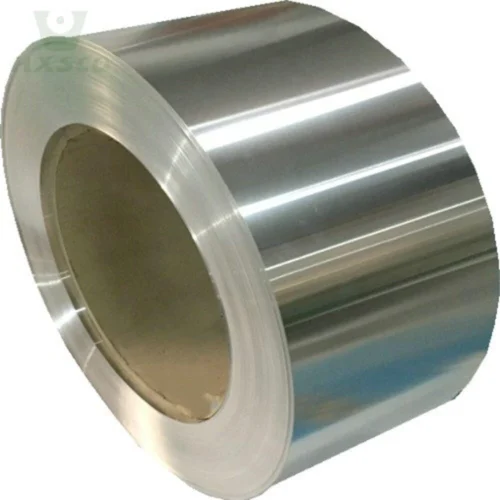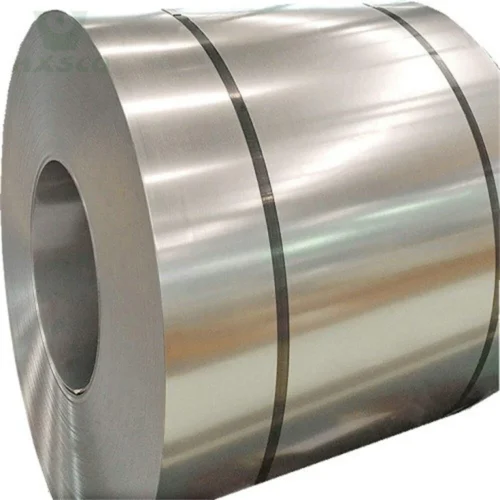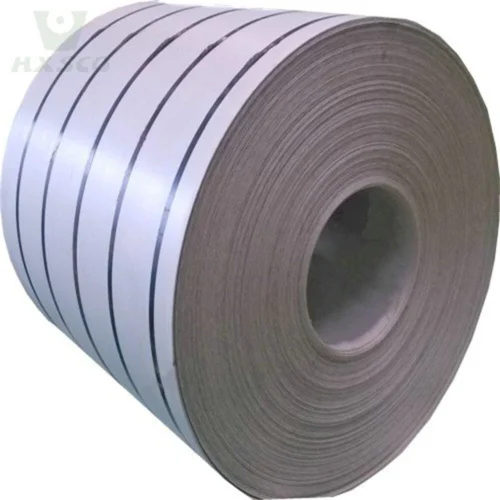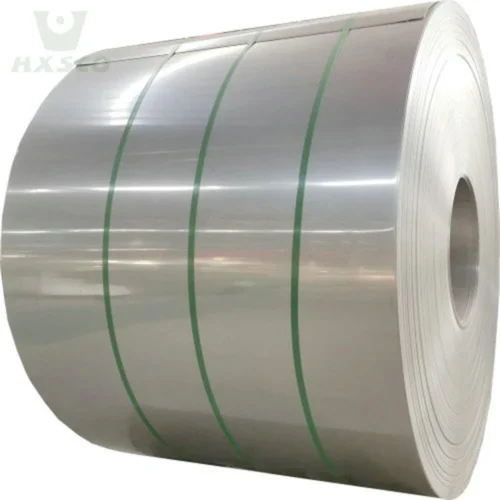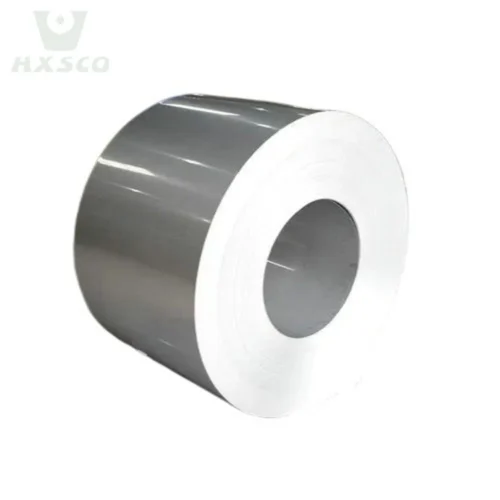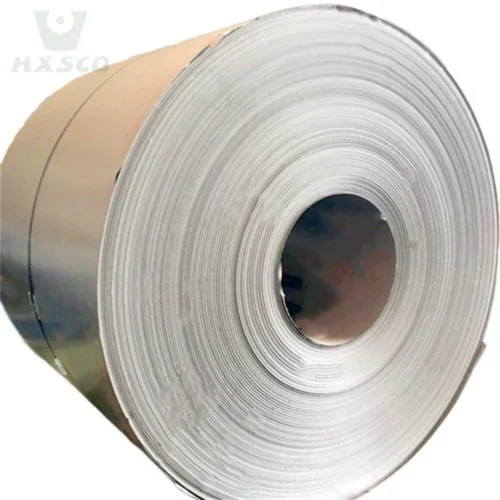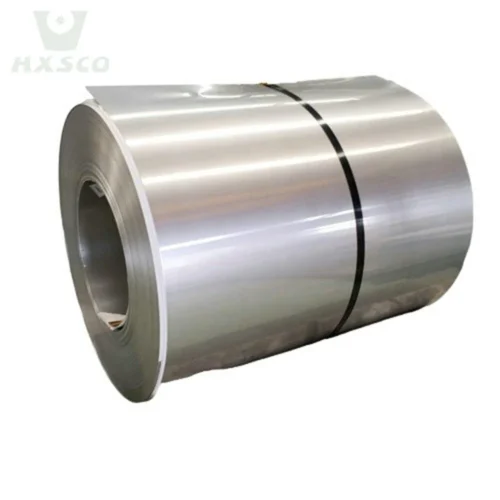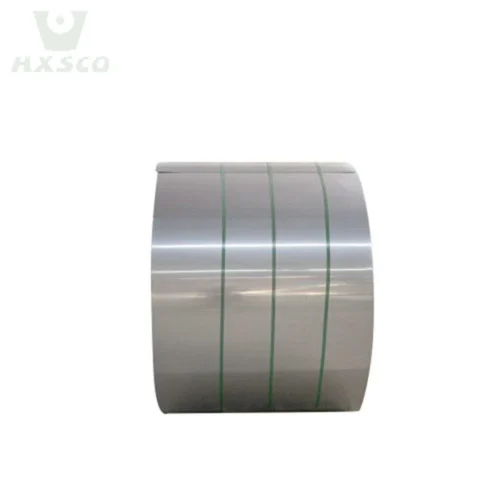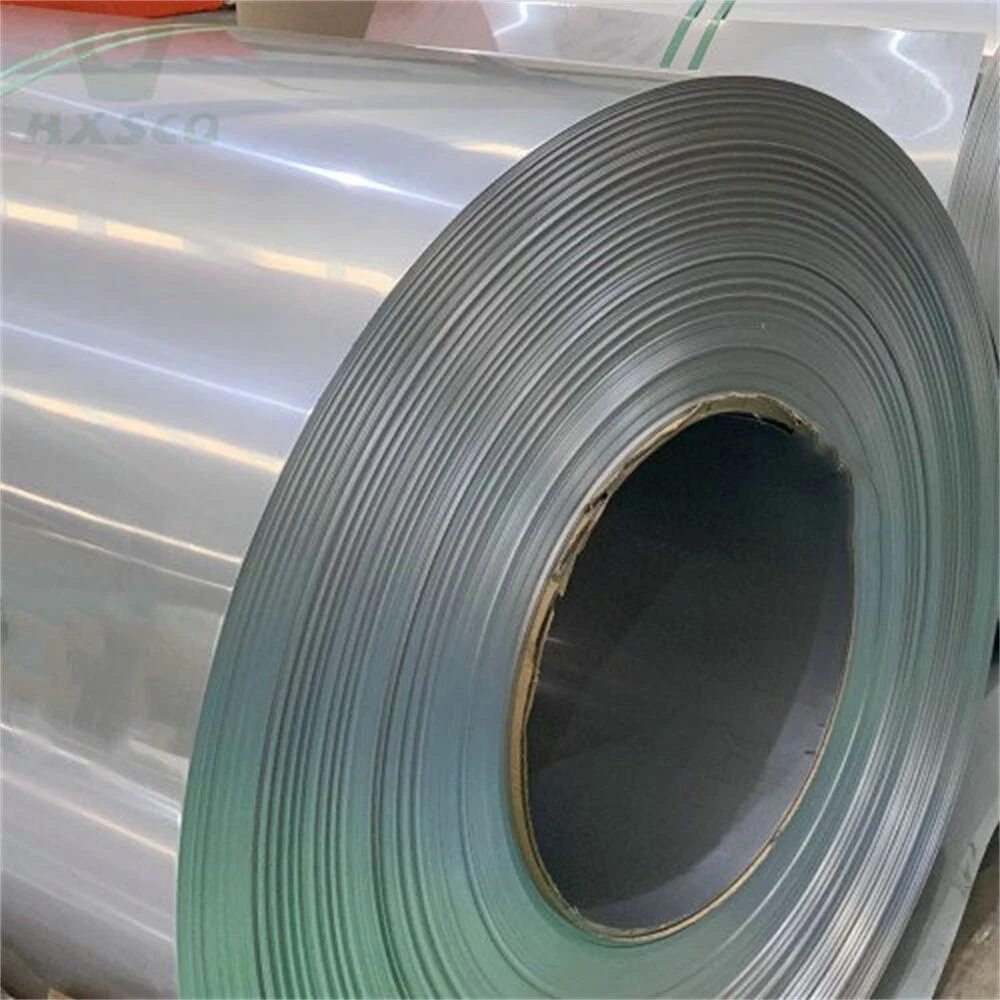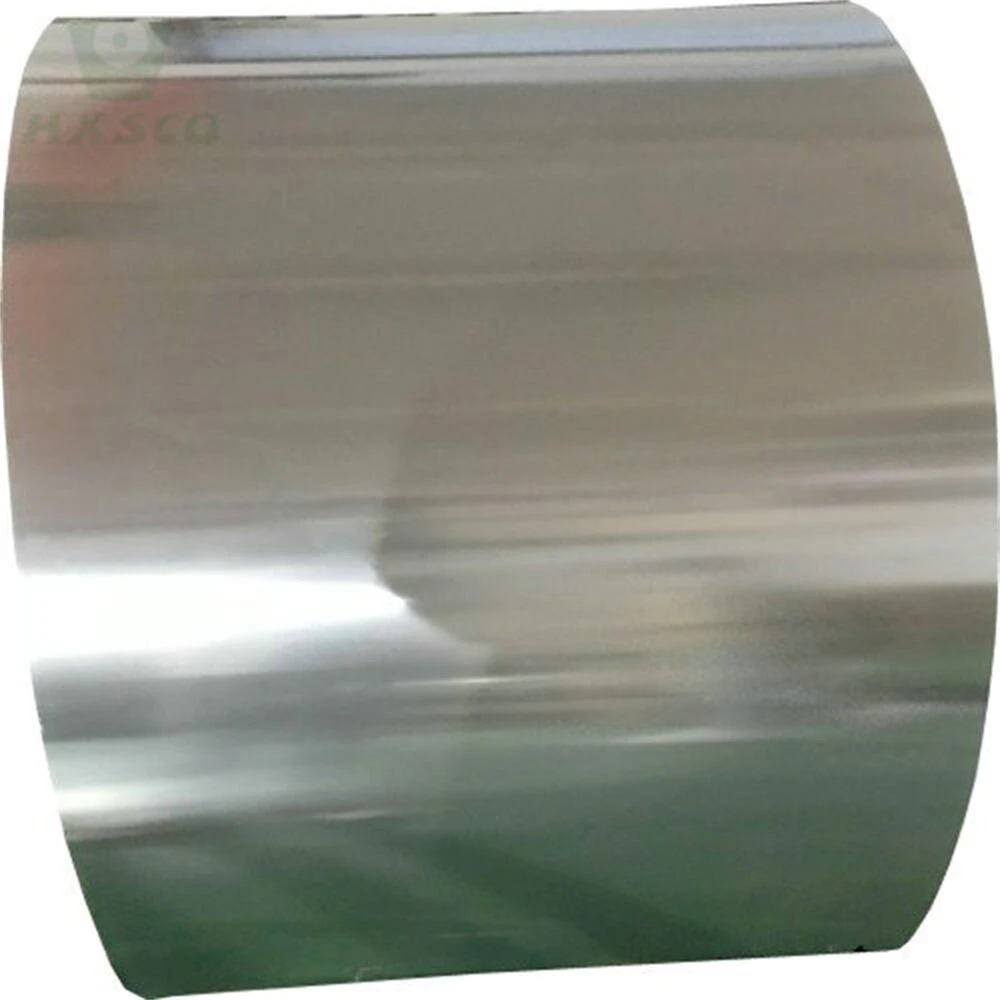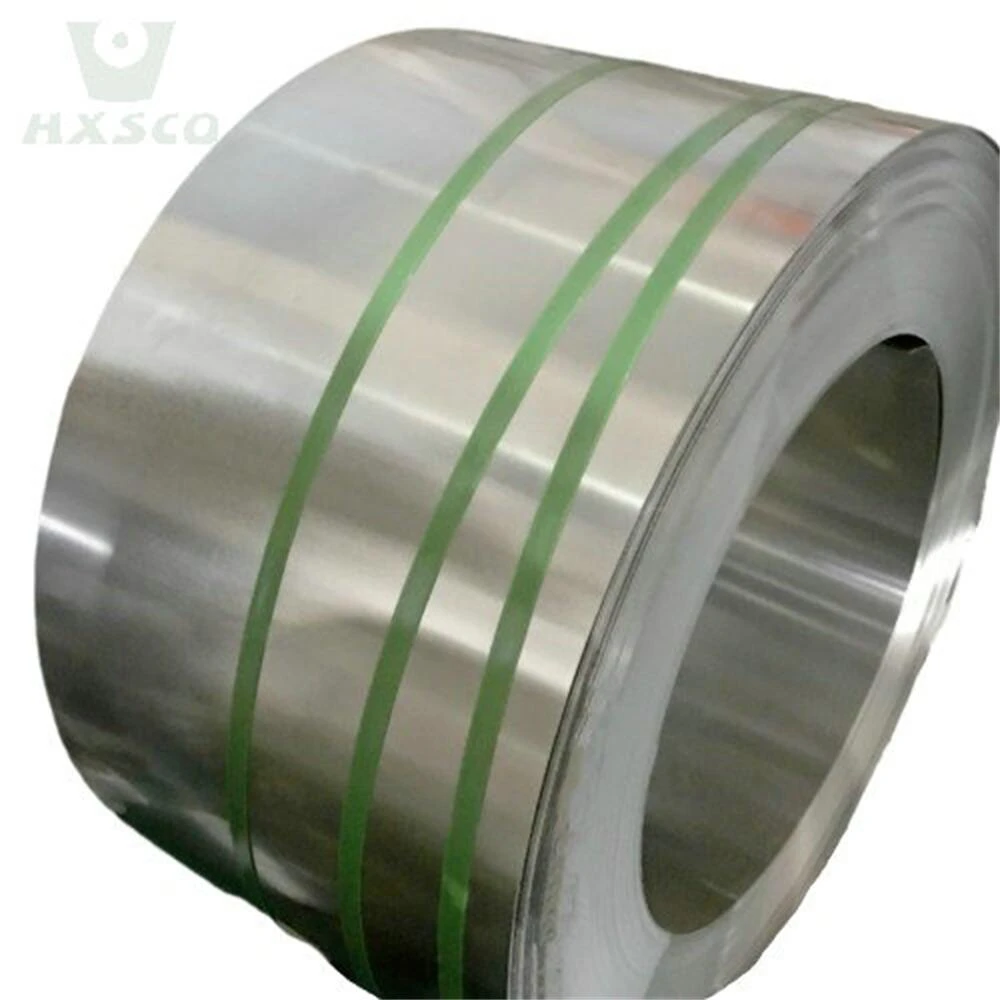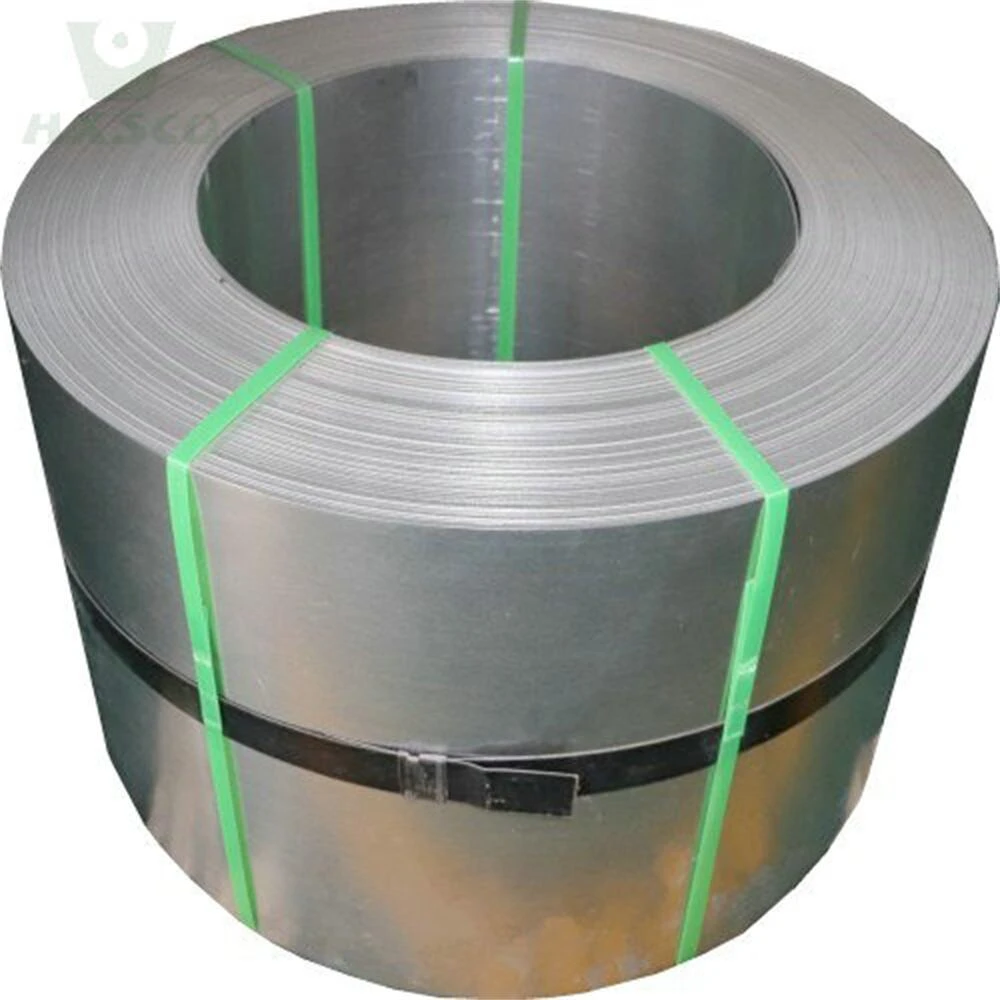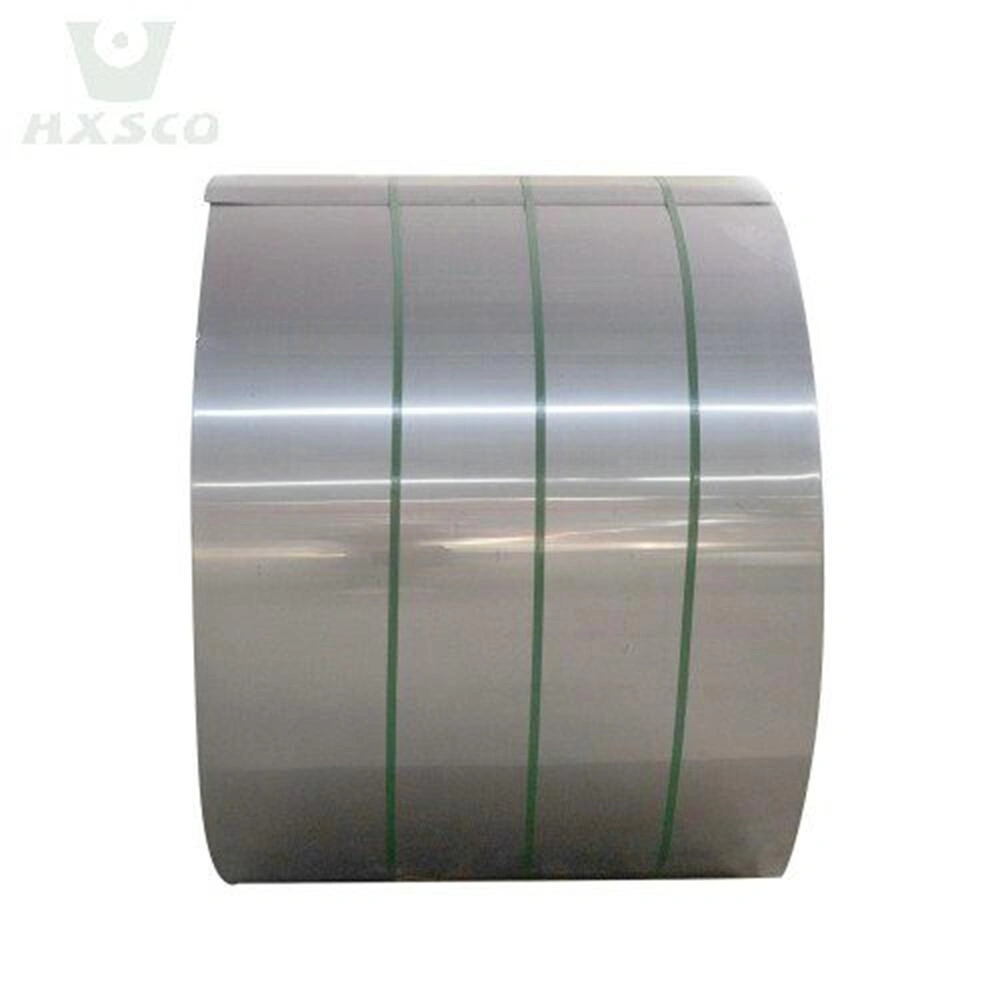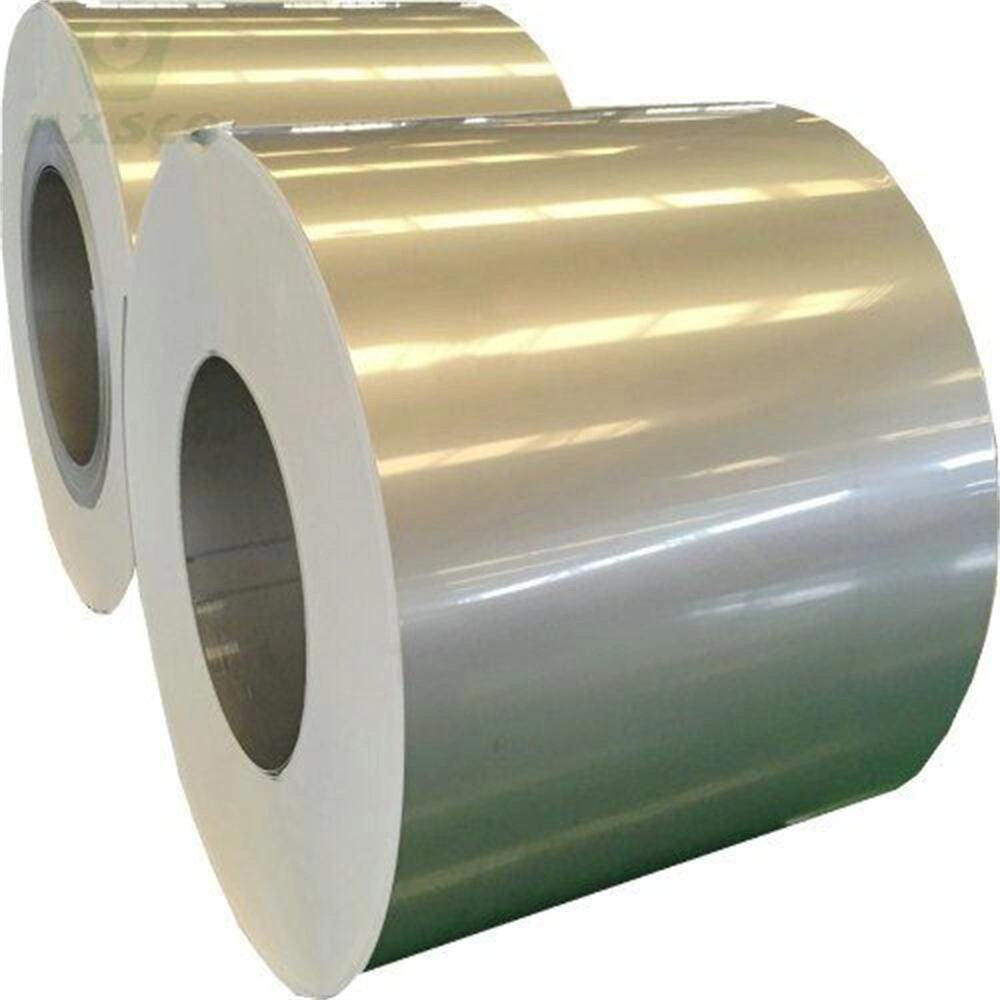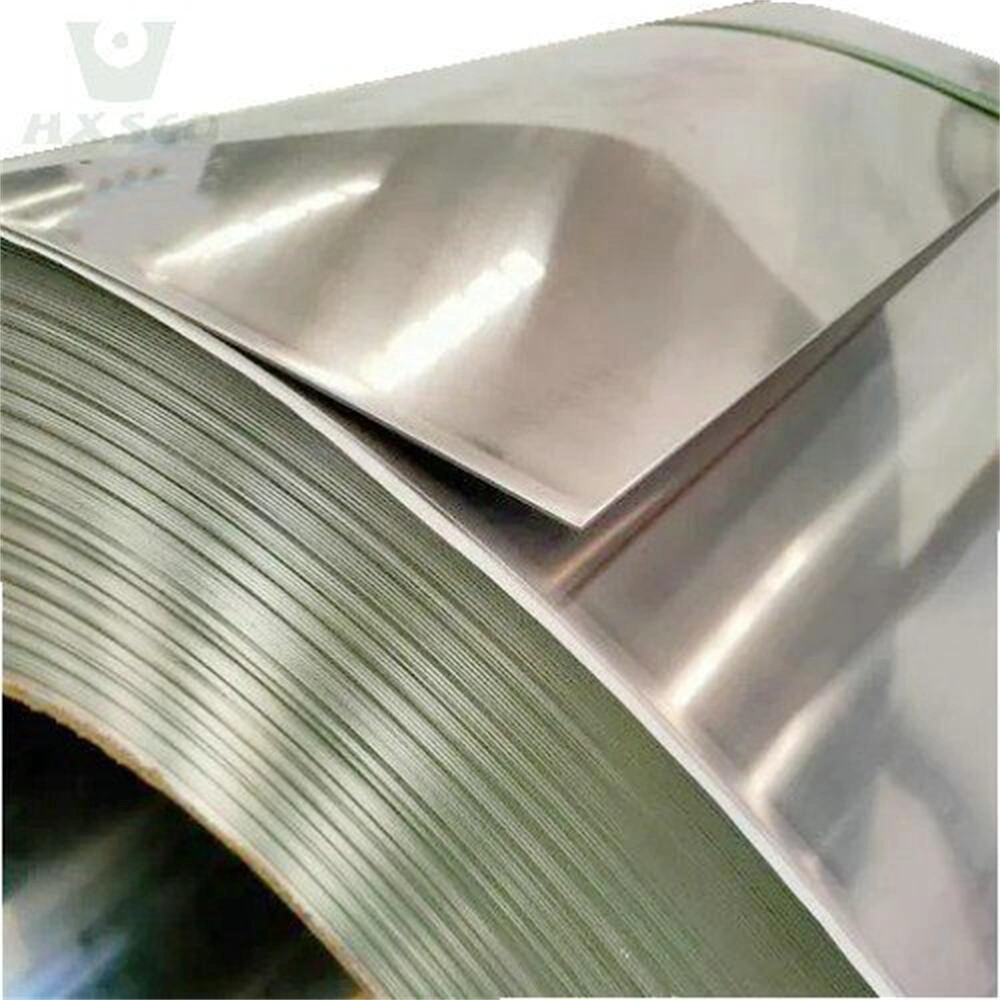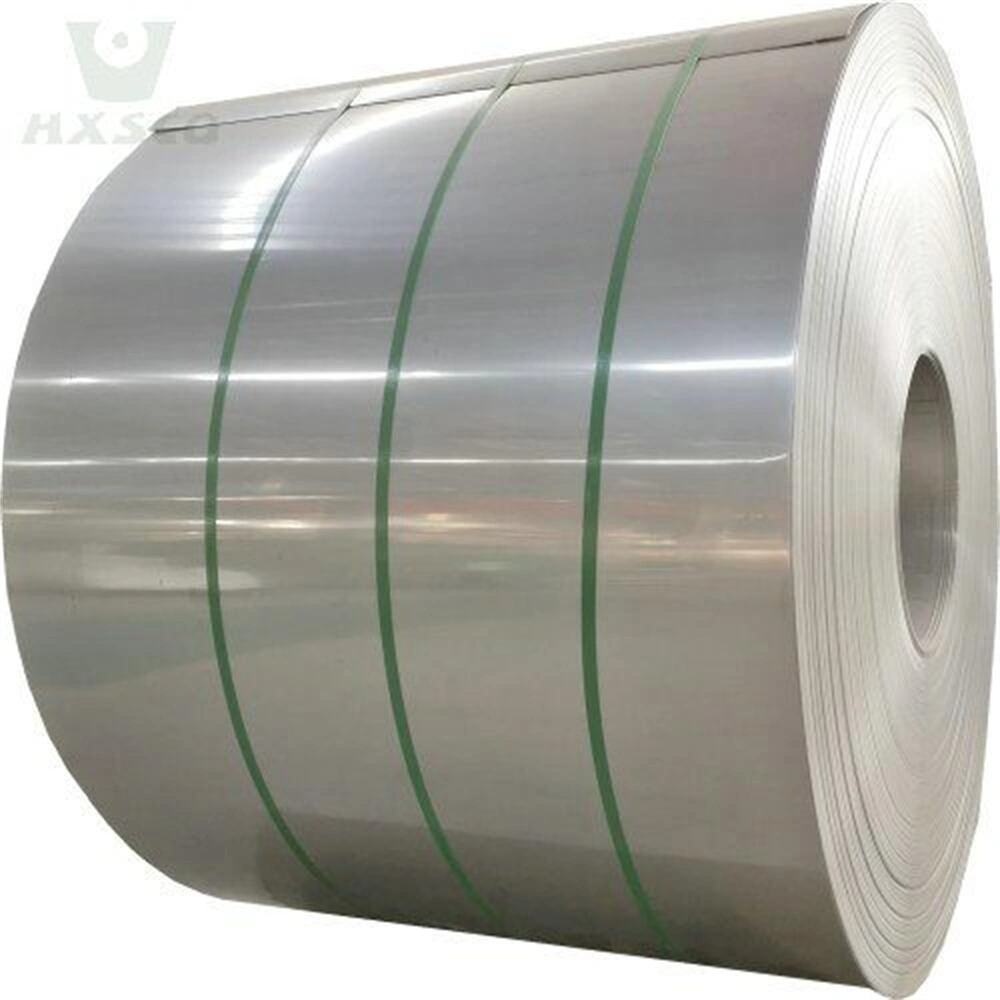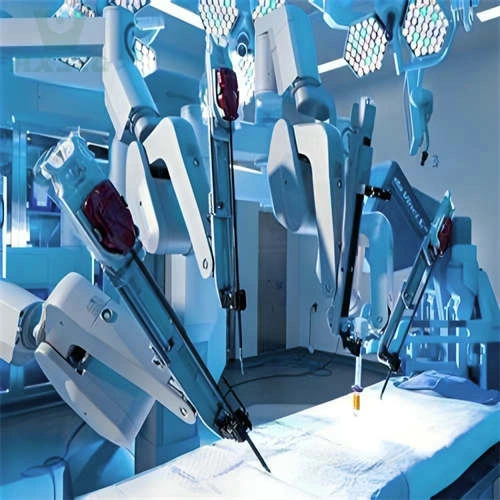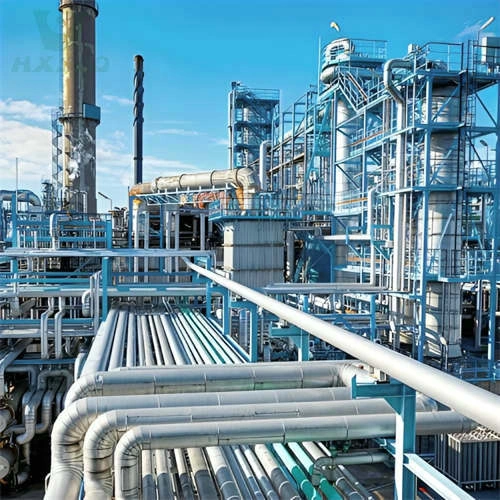Stainless steel coil have become increasingly popular in various industries due to their unique properties and advantages over other materials. In this article, we will discuss the advantages of using stainless steel coil in various applications.
1. Corrosion Resistance: Stainless steel coil are highly resistant to corrosion. They have a thin layer of chromium oxide on their surface, which protects them from rust and other forms of corrosion. This makes them ideal for use in harsh environments, where exposure to moisture and chemicals can cause other materials to degrade.
2. Durability: Stainless steel coil are extremely durable and can withstand high levels of stress, making them ideal for use in demanding applications. They are resistant to wear and tear, as well as damage from impact, making them a popular choice in the manufacturing industry.
3. Aesthetics: Stainless steel coil have a sleek and modern appearance, making them a popular choice in interior design and architecture. They can be finished in a variety of ways, such as brushed, polished, or patterned, to create different visual effects.
4. Hygiene: Stainless steel coil are easy to clean and maintain, making them a popular choice in the food and beverage industry. They are also non-porous, meaning that they do not harbor bacteria, which is important in applications where cleanliness is critical.
5. Recyclability: Stainless steel coil are 100% recyclable, making them an environmentally friendly choice. They can be recycled over and over again without losing their quality or durability.
6. Heat Resistance: Stainless steel coil have a high resistance to heat, making them ideal for use in high-temperature applications such as industrial furnaces and boilers. They also have a low thermal expansion coefficient, which means they do not expand or contract significantly with changes in temperature.
7. Versatility: Stainless steel coil are versatile and can be used in a wide range of applications, including automotive, aerospace, construction, and medical industries. They are also compatible with a variety of welding and joining techniques, making them easy to work with.
8. Cost-Effective: Although stainless steel coil are initially more expensive than other materials, their long-term durability and low maintenance costs make them a cost-effective choice in the long run.
9. Availability: Stainless steel coil are readily available from stainless steel suppliers around the world. This means that they can be easily sourced for large-scale industrial projects.
10. Safety: Stainless steel coil are a safe choice in applications where safety is critical. They are non-toxic, non-combustible, and do not emit harmful gases or vapors, making them a popular choice in the chemical and pharmaceutical industries.
In conclusion, stainless steel coil offer a range of advantages over other materials, including corrosion resistance, durability, aesthetics, hygiene, recyclability, heat resistance, versatility, cost-effectiveness, availability, and safety. Stainless steel suppliers can provide a range of options to suit specific applications and requirements.

